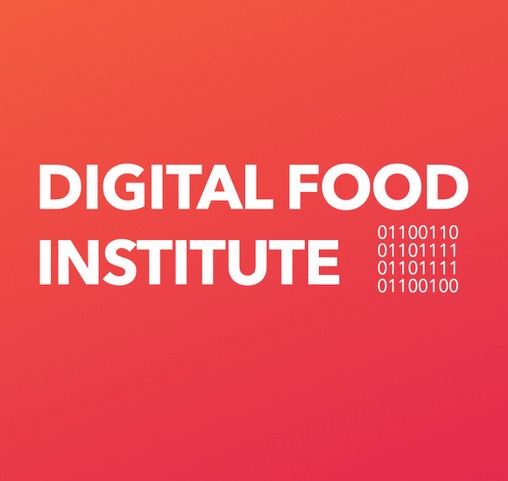Data analysis
The department aims to integrate food chain safety data analysis and research along the food chain, to take networking in this field to a new level and to become an internationally recognised node of expertise and research in the field of food chain safety data analysis.
DFI carries out food chain-based, integrated research for the agri-food chain actors in areas requiring scientific complex problem solving and data analysis. The department uses innovative approaches, the latest technological solutions and modern data science methods and makes them available to a wide range of stakeholders.
The ultimate goal of the various analyses and studies is to assist partners in their decision-making processes. The analysis of the data used, covering the entire agri-food chain, together with short, medium and long-term forecasts, as well as industrial process reviews and laboratory testing, provides a complex analytical and advisory environment. This will provide a useful and effective decision support service to both the public authority (by channelling industrial self-monitoring and process management data) and to the industry (by reusing public data and aggregating data provided by actors throughout the chain).
Data collection, processing and sharing
In the agri-food industry, more and more data and information are expected to be collected and used. However, it is not only the individual use of these data by individual market or state actors that is interesting, but also the integration of these data along the processes of the food chain and their systematic analysis. The sharing of data between individual actors is also a matter of trust, as the flow of data between market participants as competitors and the exchange of data between market participants and the authority are also sensitive areas. Based on international experience, this task requires an intermediate organization with a data-sharing function, designed to establish and maintain a relationship of trust between each actor. After cleaning, processing and intelligent analysis of the data, it becomes possible to share data and information that meets the goals of each actor.
The objectives of DFI include the collection of data generated or gathered by different actors in the food chain and organizing them in database systems, the organization of its own data collection in connection with specific research needs, the exchange of data between different data owners (research institutes, universities, laboratories, contractors, authorities and other control organizations); reconciling the ontology of database systems, making them compatible. This would allow for a systematic analysis of the data, contributing to a better understanding of food chain processes and more effective preventive monitoring.
Food chain data analysis
Food is the most important substance in a network of human relationships that everyone encounters on a daily basis and passes through many hands until it reaches the consumer and consumption. In addition, food science is one of the most multidisciplinary fields, given that it is closely linked to almost all natural sciences. Analyzing large amounts of data related to the food chain requires complex data analysis methods. Using computational methods, it becomes possible to detect regularities that are difficult or impossible to detect from a smaller data set.
Probably the best-known application of network theory methods in food safety issues is the analysis of viral or bacterial outbreaks arising from the transport of infected / contaminated animals and plants. These analyses can be used in prevention and in the development of risk-based control and monitoring systems, as well as the identification of critical points and routes, as well as the simulation of certain animal epidemics.
The control of the individual animal husbandry, feed production, food raw material production and food production processes by the business operators, their self-control systems also produce a lot of data and information. An integrated expert analysis of these can help address the issues raised by the industry.
Another important field of application of computer science and data analysis methods may be the epidemiological study of food-borne diseases, but the method also promises predictive possibilities. By analyzing a sufficiently large number of data, predictions can be made about the foods, countries, businesses, and populations most likely to cause the disease.
The use of artificial intelligence (mainly machine learning) has also begun in the field of food chain safety. In the first instance, DFI will be involved in ongoing research on the exploration of databases and literature aggregation databases based on artificial intelligence and text mining.
The objectives of DFI include the initiation of research and development in the fields mentioned, as well as the adaptation and application of analytical methods to support industrial and regulatory decision-making.
Advanced and professional problem solving by means of data analysis must be consistent, repeatable and objective. The KNIME (Konstanz Information Miner), a free open-source data analytics platform provides a great framework for it which is suitable for an entire data analysis procedure from data collection to data evaluation. KNIME integrates various components for machine learning, data mining and network analysis through its modular data pipelining concept. Furthermore, there is a possibility to integrate R, Python programming languages into the software. More information about KNIME is available here.
Food chain process analysis
The actors of the food chain have to operate food safety systems based on process control; however, their elaboration, efficiency and validity differ significantly from each other. This is of particular concern in relation to emerging food safety issues. DFI, in cooperation with industrial actors, plans to survey various food chain production processes and focus on problem solving, and then, after solving a specific problem, it also aims to develop proactive food chain thinking systems.
- 2021 DFI. All rights reserved.
